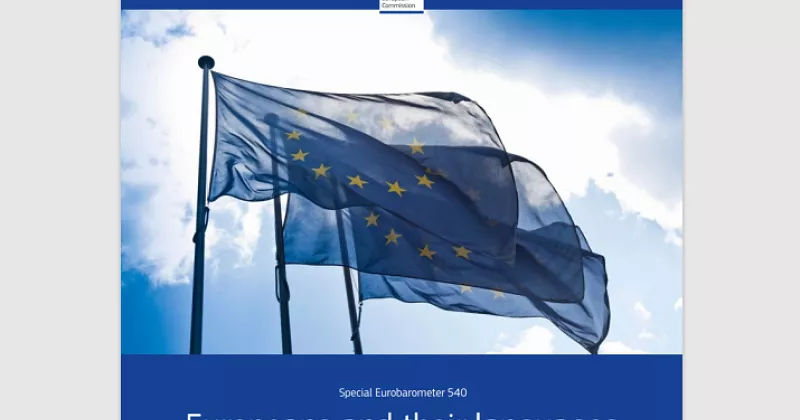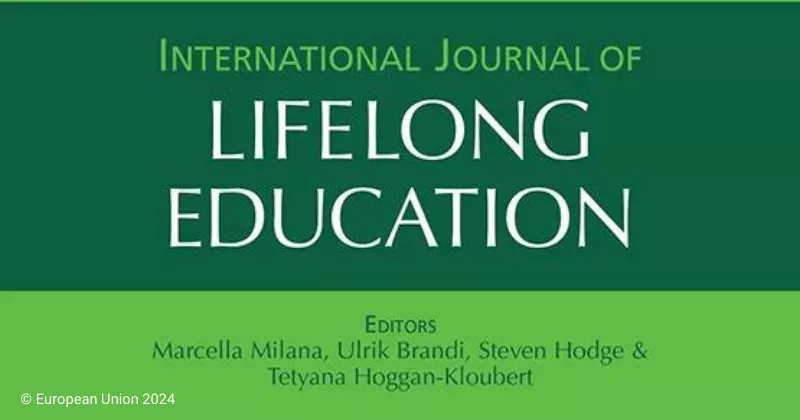STE(A)M, LEARNING AND TEACHING BY LEARNING
One of the most current and demanded subjets in the teacher training at European level is the education of the sciences through the innovative methodology STEM.
The STEM method pretends that the students try to solve real problems by applying the scientific knowledge, adjusting in addition to some determining aspects, as the investment, the image or the available time. In order to do so, they must work in groups where different affinities, experiences and personalities are strongly mixed, so that they can learn from each other.
Teachers’ STEM team are responsible of programming and laying out the work. It’s important that the pupils consider their teacher as a reference person in their objectives, so the implied teachers must know and apply dynamics of group that help them to develop the work in a most suitable way.
Once the time is finished, every team presents his work to the great group. It does not matter the success in the result, but the learning acquired during the process; because with this methodology the students not only finish a certain project, but also use new technological tools and acquire other equally important capacities (drawing of sketches, mathematical calculations, new materials, draft of conclusions, teamwork).

Fortunately, we found an attractive offer in Lisbon that included a new letter in the new method. So, we went to a course STE(A)M in an attempt to join the Art with the applied scientific knowledge. After our experience Erasmus in Lisbon, we want to share with the educational community some of the new knowledge and, in addition, to advance its possible application in the basic education for the adult persons.
We could verify that this new methodology is applied successfully in different countries of the European Union as Belgium, Croatia, Romania, Liechtenstein, Cyprus and Estonia. We, the teachers, shared our ways of doing in the frame of the learning for projects in our centres. It was a question of jointly putting the development of these initiatives of interdisciplinary approach that stimulate a dialog between the Natural Sciences, the Technology, the Engineering, the Art and the Mathematics. Disciplines which lend their initials to give name to the method STE(A)M.
In our case, we were lucky to feel immersed in the challenge of finishing a complex project for which many of us did not believe prepared at all. The results were magnificent in all the cases. At the same time as we were discovering and explaining the practices realized previously, we put in the skin of our students and developed our own project STE(A)M. Thus, we could analyse very closely its advantages. These have to do with the utilization of the common points that offer these five matters, the use of the technological tools and, especially, the wealth-producing incorporation of contexts and situations of the daily life in favour of the process of education-learning.
The STEM is a method based in the learning through action, and this way we applied it during our experience in Portugal. We departed from a real problem that concerns the daily life of the natives of Lisbon: the congestion of the traffic that takes place in the bridge on April 25 of Lisbon. And, from a teamwork and in teams, we had to project a solution that allowed a more fluid traffic.
This is the way an adult learns to calculate or to edit a video for the final presentation. The most spectacular thing is the discovery of personal skills that somehow help the team to obtain a better result. In the end, we all occupy an important role in the decision making, the design, the execution or the final presentation. The final reward is the satisfaction for the work developed among.

After our experience STE(A)M, and the application of this work in education primary and secondary by our companions, we verify that it has a good place in the Education for Adults. On the one hand, the adult students demand the usefulness of the new knowledge and have the need to feel that they can be autonomous and self-directed. On the other hand, they need to integrate their previous experiences -work, marriage, children- in the construction of new knowledge across a dynamic that gives sense to their own learning.
In some cases, teachers meet the need to rethink, to dismantle previous knowledge that form a part of the collective imagination of our adult students, because they are contradicted by the scientific knowledge that we want to transmit. In this point, we consider that the methodology STE(A)M can help us in this deconstruction first of some previous concepts and then the construction of the new ones, since its practical character and the reinforcement of the autonomy shape its basic properties.
It is interesting to take advantage of the enormous diversity of students present in an adult education center, especially at the moment of establishing the work teams. Our pupils possess very different experiences and previous knowledge that might enrich the results in any project of work.
To apply the new methodology in Education for Adults are only necessary three requirements: initial formation of the professorship, willingness to form a team STE(A)M, and a suitable organization of the centre. The rest is innovation to taste.





